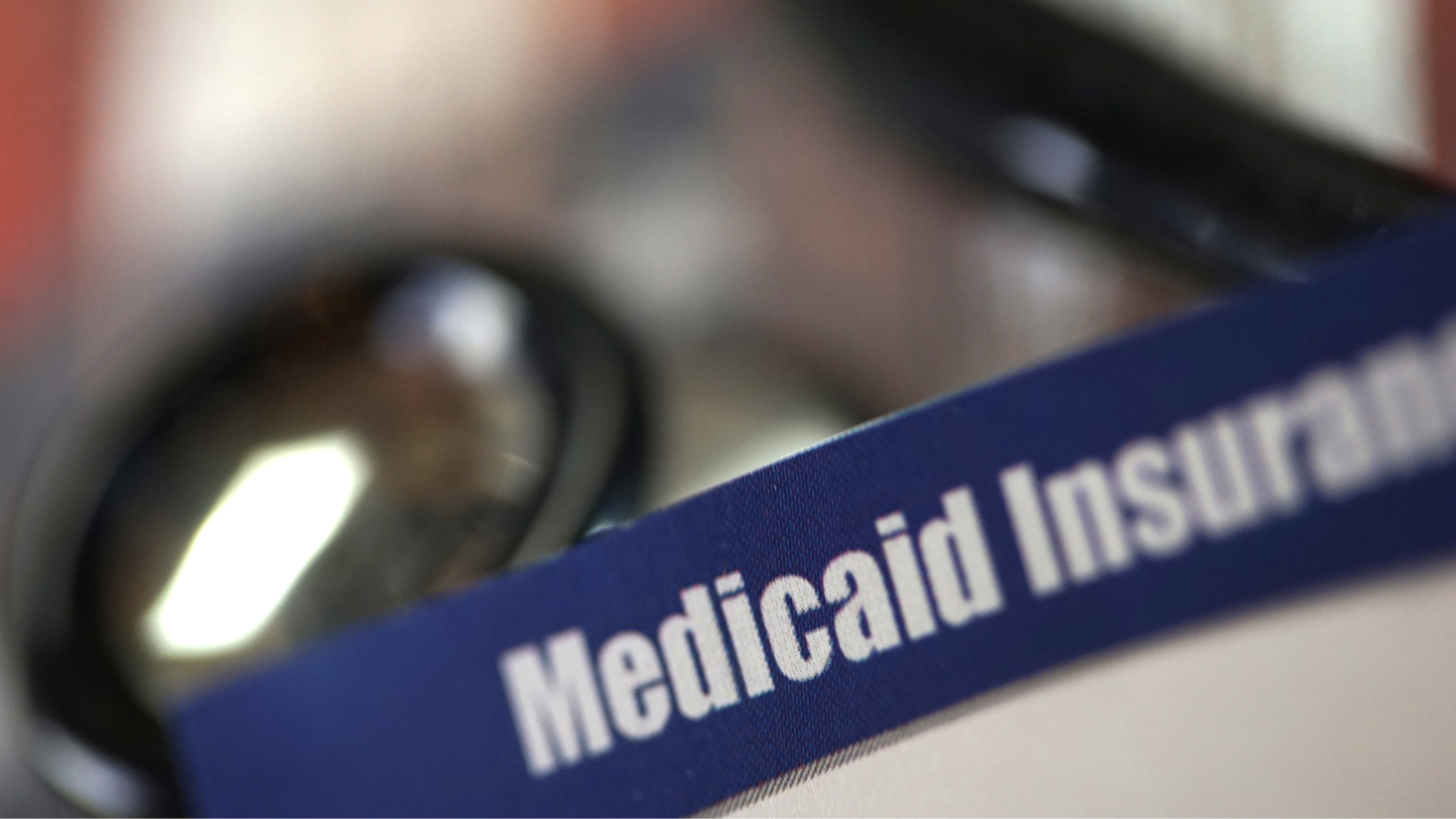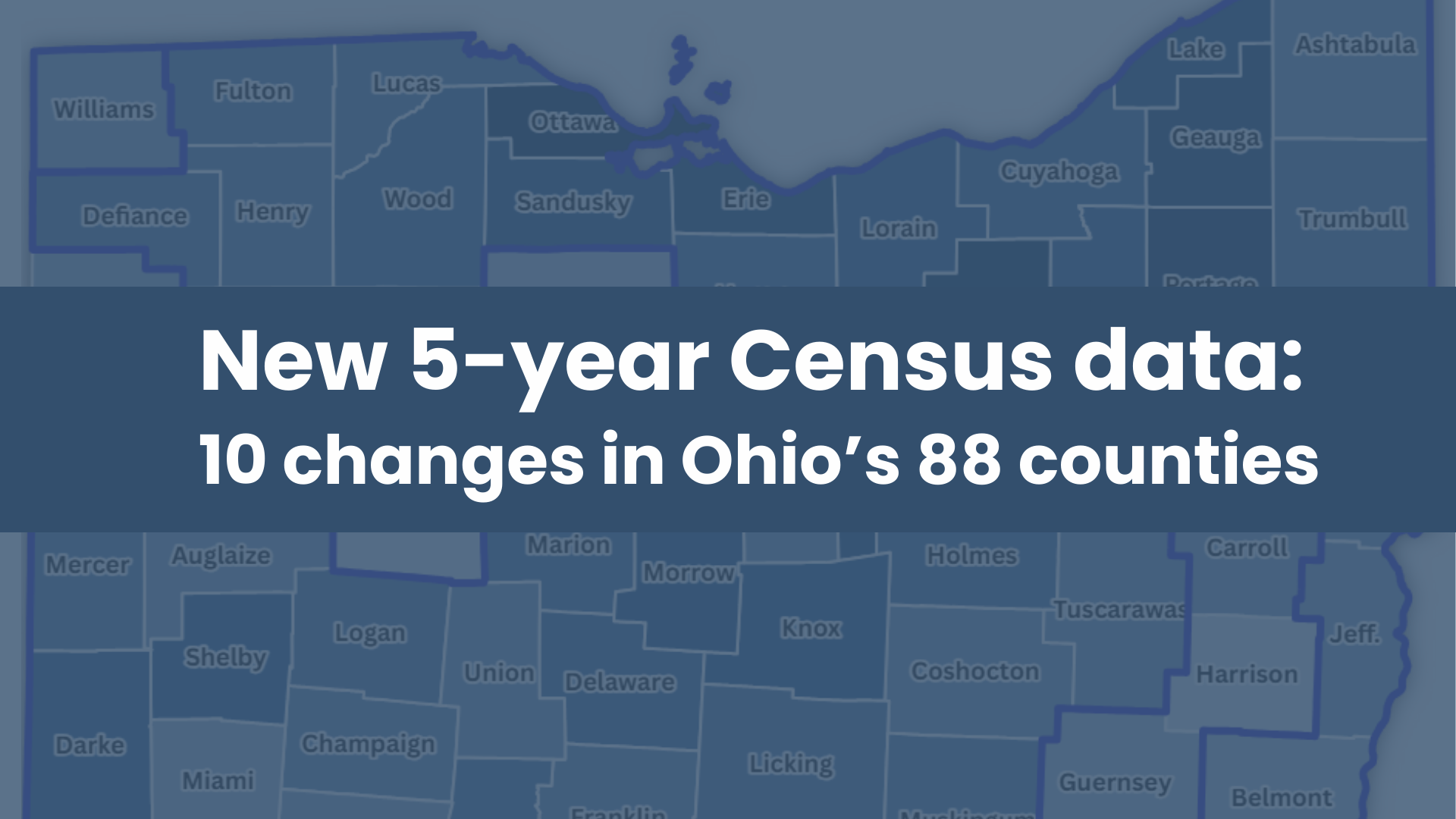The US Preventive Services Task Force is your friend
Health is an exciting topic across the country right now. Still, public health task forces might not sound exciting, but behind the curtain is an independent, hard-working group of doctors who are striving to make the very best health recommendations for Americans.
What is the USPSTF?
The United States Preventive Services Task Force (USPSTF) is a scientifically independent, evidence-based group of experts who are charged with making recommendations regarding preventive health care services such as screenings, prevention medications, and counseling services. Its members are volunteers with clinical training and expertise in various fields of medicine, and they are convened by the Agency for Healthcare Research and Quality (AHRQ) under the authorization of the US Congress. Members are appointed by the Secretary of Health and Human Services (HHS).
The recommendations made by the USPSTF are based on a review of the best available, peer-reviewed medical evidence.
The recommendations made by the USPSTF are based on a review of the best available, peer-reviewed medical evidence. They are designed so that people and their clinical caregivers can make informed healthcare-related decisions. Each recommendation is given a letter grade by balancing benefits versus possible harms. Grades A and B are the key grades to watch because they indicate high certainty of substantial or moderate net benefit, and providers are recommended to offer the service.
Why are preventive services important?
Preventive health care services enable people to stay healthy longer and live with better quality of life. These services can reduce the risk for diseases, disabilities, and death. The US Department of HHS has set specific goals called “Healthy People 2030” that include preventive care objectives such as developmental screenings for children, cancer screenings, tests for diabetes, dental preventive visits, prenatal care, and others.
Preventive care also reduces health care costs in the longer term. Chronic diseases are a major driver of costs and diagnosing them early means they are easier to treat, which saves money for individuals, families, and our health care systems.
What does the ACA have to do with preventive services?
Under the Affordable Care Act (ACA), private health insurance plans are required to cover certain preventive services without cost-sharing by the consumer. In other words, the plans have to pay for the services without requiring copays, co-insurance, or deductibles. The preventive services that they are mandated to cover include those which have received a Grade A or B recommendation from the USPSTF.
The ACA also requires states which expanded Medicaid to offer essential health benefits (EHB) to the expansion population. The EHB includes preventive health services that are recommended by the USPSTF, among others.
What is the Braidwood case?
In 2023, a court case initially called Braidwood v. Becerra challenged the ACA mandate to follow USPSTF recommendations based on a religious freedom argument. Policy experts point out that the loss of this mandate could result in lost access to preventive services for over 150 million people who have private insurance. Over time, this would result in later-stage disease diagnoses, increased health disparities, and overall worse health outcomes.
Policy experts point out that the loss of this mandate could result in lost access to preventive services for over 150 million people who have private insurance.
The case worked its way to the US Supreme Court (SCOTUS) where in June 2025 the plaintiffs won in terms of their rights to religious freedom, but the ruling only applied to the plaintiffs themselves: a specific group of conservative Christian employers and individuals. Overall, the SCOTUS decision preserved the no-cost preventive care mandate as connected to the recommendations.
Why should Ohioans care about Braidwood?
At this time, most of the ACA’s mandated preventive care covered benefits are still in effect, but litigation may continue. In addition, SCOTUS affirmed the constitutionality of the USPSTF under the oversight of the Secretary of HHS. As we go forward, stakeholders staying engaged with the Administration will likely be important to emphasize the value of preventive health care services in keeping people healthy as well as to ensure the scientific integrity and independence of the task force’s recommendations.


.png)




